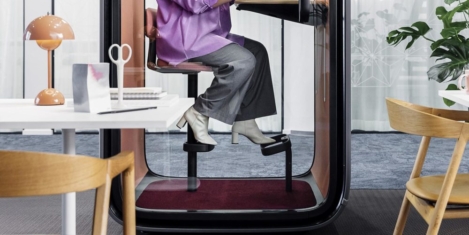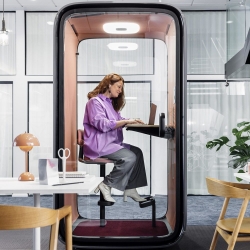May 29, 2022
Only a quarter of remote workers feel connected to company culture
 Three quarters of HR leaders feel that hybrid work challenges employees’ connection to organisational culture, according to a survey from Gartner. The poll of more than 200 HR leaders claims the most challenging aspect of setting their hybrid strategy is adjusting the current organisational culture to support a hybrid workforce. While 40 percent of HR leaders reported they have increased their culture budget since the beginning of the pandemic, the survey of more than 3,900 hybrid / remote workers in December 2021 suggests only one in four are connected to their organisation’s culture. More →
Three quarters of HR leaders feel that hybrid work challenges employees’ connection to organisational culture, according to a survey from Gartner. The poll of more than 200 HR leaders claims the most challenging aspect of setting their hybrid strategy is adjusting the current organisational culture to support a hybrid workforce. While 40 percent of HR leaders reported they have increased their culture budget since the beginning of the pandemic, the survey of more than 3,900 hybrid / remote workers in December 2021 suggests only one in four are connected to their organisation’s culture. More →












 You probably saw that meme based on an article in the
You probably saw that meme based on an article in the 





















May 23, 2022
The future of work isn’t what it used to be
by Mark Eltringham • Comment, Technology, Workplace design